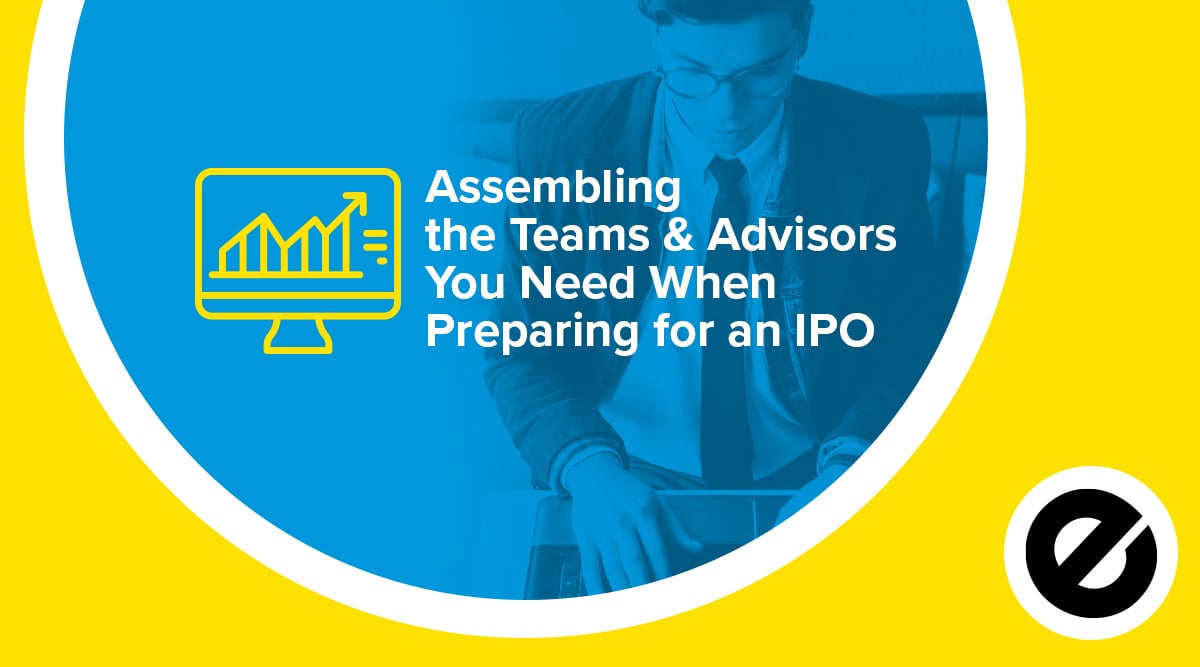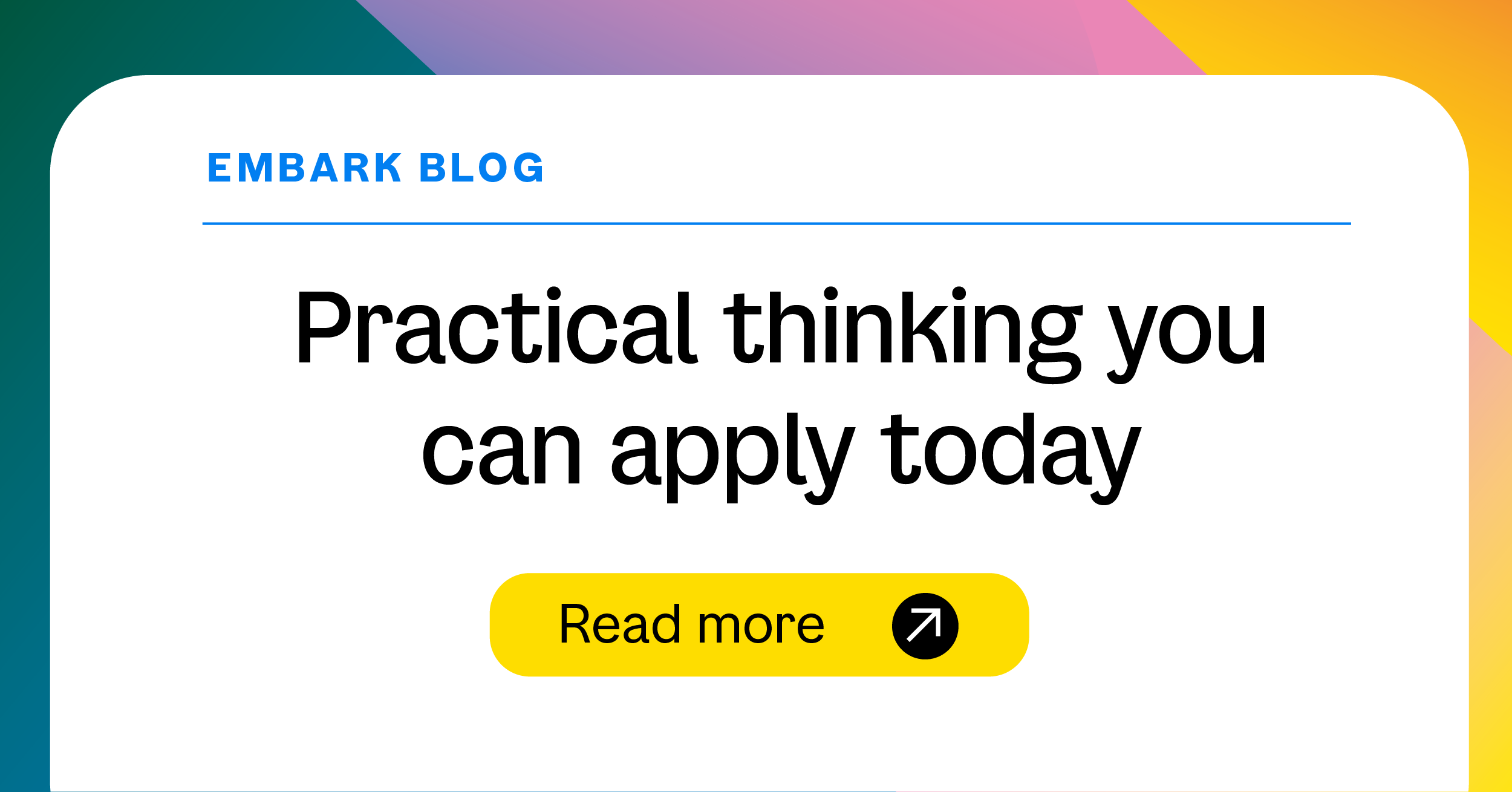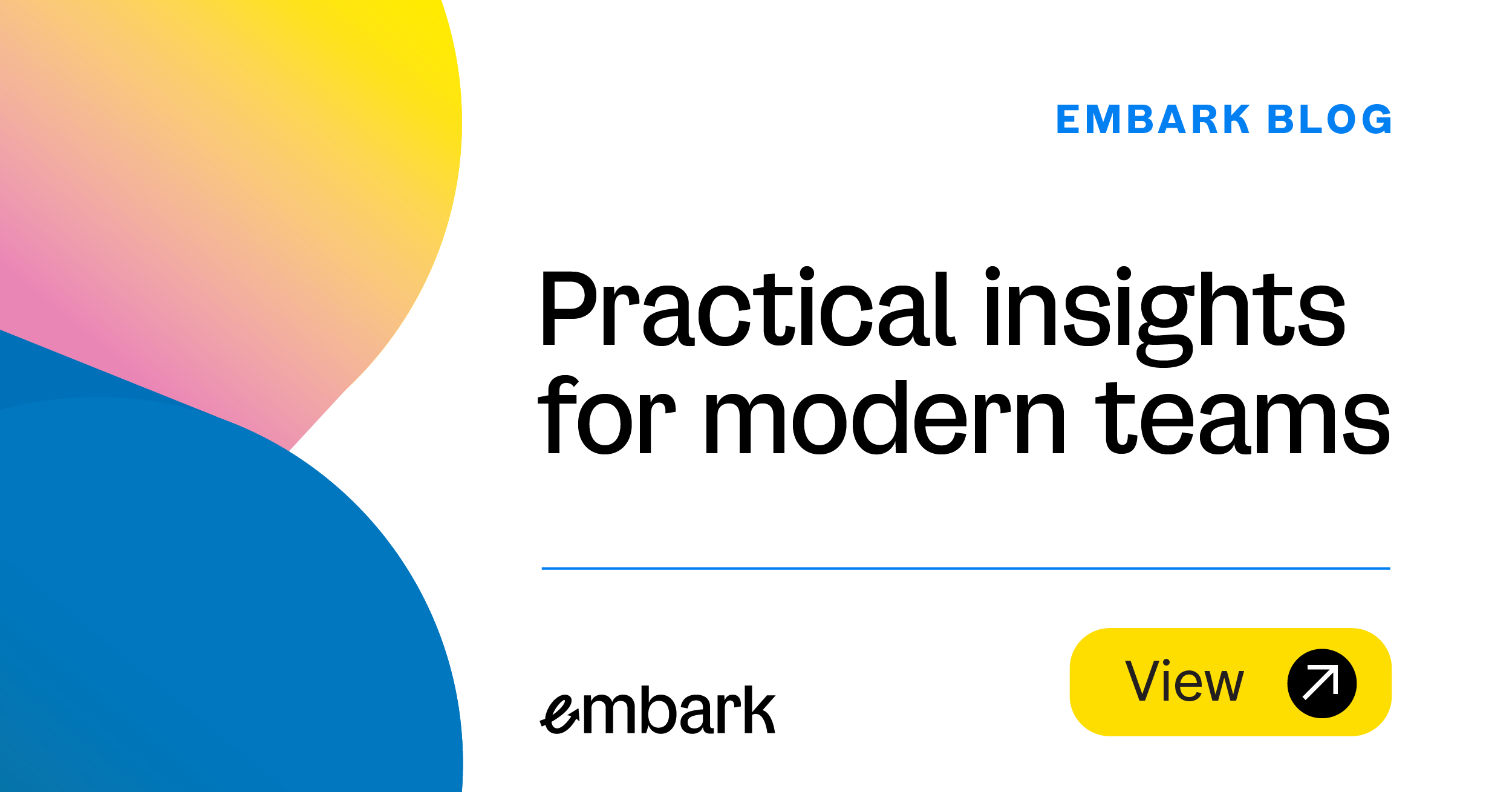We're going to start by stating the obvious – an initial public offering (IPO) is a big deal that you shouldn't take lightly. As a matter of fact, in the pantheon of significant events in your enterprise's history, your IPO ranks towards the top – perhaps even taking the pole position – of momentous occasions.

However, to extend our racing reference just a bit further, would you hire a crew chief for the Indy 500 that doesn't understand how a fuel pump works? Or insists they know their way around a flux capacitor? We'd hope not. And as if you didn't see this one coming, the same line of thought holds for the team you assemble for your IPO. Internal and external, numbers folk, legal eagles, leaders, and sages – they're all a part of the different teams and advisors you need in place for a smooth, successful IPO. So let's take a closer look at assembling your IPO dream team, shall we?
First Things First: Identify Critical Groups for Your IPO
Leaders, well, lead. It's what they do. They steer the ship, identify strengths and weaknesses, and figure out how to get a company from point A to point B. In this case, point B is taking the organization public and everything that process entails.
So the first thing to do when preparing for an IPO is for your management team – CEO, CFO, board, and other key stakeholders – to sit down and take a lay of the land. This requires equal parts foresight, humility, and clarity, knowing a company’s limitations, and where it needs to bring in outside help. And while we understand that it's convenient for a consulting firm to suggest calling in the IPO cavalry of experts, we say this purely as a best practice and not as a sales pitch.
We suggest taking a systematic approach to this initial part of the process, asking a few key questions. Who on your team will play a role in your IPO? What will be their responsibilities?
What outside people do you need? This includes SEC counsel, underwriters, auditors, and the like. From there, you can divide what or who you'll need for your runup to the IPO into separate buckets:
- Finance & accounting
- Governance
- Legal
- IT
- External
That's the general framework that you'll work from. Remember, it's not just a matter of identifying who and what you'll need, but also coordinating between all the different groups. Since everyone won't be under the same roof, particularly the external parties, it's not simply a matter of walking down the hall and asking Bob from the investment banking group for a few minutes of his time. First, Bob's a busy guy with a jam-packed schedule. And second, Bob doesn't work for your company, so he's not even in the same building.
What does that mean for your IPO, you ask? It requires an extreme amount of organization just to ensure everyone is on the same page, following the same timelines and, most importantly, communicating with one another. Put another way, that's a lot of cooks in the S-1 kitchen and, if you're not careful, can create an inefficient and chaotic environment. And it would be a shame not to leverage the tremendous opportunity you have to tell your company's story to potential investors with your S-1 filing. Yes, your registration statement is that important.
There is good news in all of this bleakness, however. All of that coordination we just mentioned isn't as difficult as we might have made it sound if you have an effective game plan. Long story short, download our guide, Going Public: The Pre-IPO Timeline, for some extremely useful best practices in putting the different IPO puzzle pieces together. And on that note, let's take a look at what you'll need from each of what we've labeled IPO-prep buckets.
Finance & Accounting
Your finance and accounting functions are crucial for IPO readiness. And to acknowledge what you're probably thinking right now, we understand that's the most obvious statement we've made in years. Of course finance and accounting are front and center throughout the process. But to be as thorough as possible, we want to see what specific areas and roles within these functions will be in the IPO spotlight and how they determine the make-up of your IPO team.
CFO
The leader of the pack. El gran jefe. It's difficult to overstate the importance of the CFO during your journey towards becoming a public company. Ideally, you want someone in that role with IPO experience under their belt or, at the very least, familiarity in dealing with the SEC. Like it or not, lacking that first-hand knowledge of the process within your accounting and finance functions – either at the CFO level or in the general vicinity – can be a significant detriment to you.
Further, if your CFO happens to have a finance or even investment banking background – both of which will undoubtedly be valuable to you – then you want to make sure you have a CAO that understands the accounting side of the process. Conversely, if your CFO's strength is accounting, then a Director or VP of Finance will help bridge any knowledge gaps. In other words, let the strengths of your CFO determine the other vital components you'll need. No matter their specific strengths or weaknesses, however, most – but not all – of the remaining teams in this finance & accounting section fall within the CFO's jurisdiction.
Finance Department
For the sake of clarity, we're going to include Financial Planning and Analysis (FP&A) and Investor Relations in this category.
FP&A
This is a sticking point for many organizations since many, perhaps even most, private companies don't have an FP&A team. They're going to be responsible for essential tasks like operating budgets and creating revenue and expense forecasts that the public will evaluate your performance against. In terms of structure, you'll have a Director or VP of Finance with a squadron of analysts beneath them.
Investor Relations
Usually, a one-person band that's more senior level, probably taking the title of VP of Investor Relations or something similar. They'll often have a background in both operations and finance.
Taxes
We'll expand more on this in a bit when we discuss working with an external tax firm, but you'll need an in-house tax expert to handle tax-related internal controls, strategies, and disclosures. That person will work beneath the CFO, whether or not you choose to outsource your income tax preparation or handle it internally.
Accounting Department
This is probably going to be your largest investment when preparing your IPO. Although we're going to split this function into a couple of separate teams – technical/corporate accounting and SEC reporting, there's obviously some overlap between the two. Once again, having someone with IPO, or at least SEC filing experience, can be of great benefit for your accounting function, both during your IPO preparation and your new life as a public entity.
Technical/Corporate Accounting
Accounting standards change. And when those changes come down the pike, public companies must adopt them sooner than private companies, and are usually held to more rigorous standards. And some accounting standards only apply to public filers. What does that mean for you as your company treads into public waters? You need to know your accounting standards backward and forward.
SEC Reporting
As a public company, you're going to be responsible for quite a few SEC filings that you're not necessarily familiar with, depending on your team's experience. Pro formas and their adjustments, footnote disclosures, new accounting standards, regulatory requirements – it's a lot to stay on top of.
Internal Audit
These often underappreciated folks stand outside of your accounting and finance teams. They're independent and report solely to the audit committee so they can remain unbiased and competent. Ultimately, internal audit (IA) ensures the accuracy and integrity of your company, its financial statements, and compliance with laws and regulations.
Further, there isn't one way to establish and maintain your IA team. It can be a function that's entirely in-house, completely outsourced, or a hybrid of the two. As we've mentioned in the past, choosing which route to take depends on several factors, including your current in-house expertise and budget constraints. You need to ramp-up IA pretty darn quickly, and if you're starting from scratch, that can be an expensive and time-consuming endeavor.
Corporate Governance
This portion of your IPO preparation includes establishing your Board of Directors, Audit Committee, and, although not a requirement but certainly a growing trend, a Chief Compliance Officer as well. As a whole, your corporate governance should establish and maintain the rules, processes, and practices needed to manage and steer the company.
You should take note that both the SEC and stock exchanges have specific guidelines that impact your governance, so be sure to give this part of the public entity equation the attention it deserves. Governance decisions you make today could very well affect you for years to come, well after your IPO is but a distant memory.
Board of Directors
First things first – you need to establish a board that can govern your public company. This is entirely different than the board you may or may not have as a private company as it's priority is to make decisions beneficial to your stockholders. That's exactly why outside directors with an effectively independent perspective are so crucial to your governance.
While it's common for a CEO, COO, and CFO also to be directors, the CEO also answers directly to the Chairman of the Board. Therefore, a separation of church and state, so to speak, is critical to avoid any conflicts of interest. In fact, the NYSE and NASDAQ both require a majority of independent people outside of the company on boards.
Audit Committee
As with the Board of Directors, your Audit Committee members must be independent, as defined by the SEC in the Securities Exchange Act of 1934 and SOX, as well as the stock exchanges. Generally speaking, someone is not independent if any of the following has occurred:
- The person or an immediate family member was an executive officer for the company in the last three years
- Made more than $120,000 in direct compensation from the company in the previous twelve months, not including director fees
- The person was an employee of the company's internal or independent auditor or a company that made payment to the listed company
Honestly, the guidelines for the Board of Directors and Audit Committee members are somewhat lengthy, so we recommend taking a closer look at them to ensure compliance.
Regarding the Audit Committee's specific function, it's responsible for selecting your audit firm, handling the audit results, and, at a high-level, overseeing your financial reporting. It should consist of at least three members that must comply with your exchange's financial literacy requirements and, as a best practice, should have at least one person considered a financial expert.
Chief Compliance Officer
The Chief Compliance Officer is in no way a mandatory position. It is, however, a role that's gaining in popularity. If you feel more comfortable having a designated position for compliance – on top of your internal audit function and General Counsel – then go for it. From our perspective, whatever you need to ensure your compliance with the many laws and regulations involved in being a public company is fine by us.
Legal: General Counsel
Since we're on the topic, General Counsel is an area that's become increasingly important in the last few decades, particularly in light of the assorted scandals and crises that have placed a spotlight on corporate governance. It's a role that is now far more hands-on than advisory, working with the board to mitigate risk to the company, reviewing complex contracts and transactions, and making sure the organization stays on the regulatory straight and narrow.
Information Technology (IT)
Depending on what type of company you are, you're going to need a Director of IT or a CIO to lead the technology and data security charge. As a public entity, you'll face far greater scrutiny of your data and system integrity. SOX is a new compliance frontier for you after your IPO, something we've taken an in-depth look at before. Suffice it to say, you must have IT leadership that understands your systems, what regulations require of you, and how you can stay compliant in an ever-changing digital environment.
External Partners & Advisors
Last but not least is the fairly lengthy list of key external people and groups you'll need as you prepare for your IPO.
Investment Bankers / Underwriters
So this one goes without saying. You'll want to choose an investment banking firm that has experience helping companies like yours through the IPO process. The investment bank team will serve as your primary contact throughout the process and help you assemble the necessary parties to get you through the IPO.
Their most obvious role, however, is to sell your spot in the public markets. Without a seasoned & reputable investment banker, your IPO could very well be DOA if it doesn't garner enough interest from potential investors. That's why they help you put your best foot forward during your roadshow and establish your share price.
External Audit
You're entering a new audit world now, starting with your choice of an external auditing firm. Maybe a Big 4 firm is a good fit, or perhaps a solid mid-market firm is more your style. Several factors like cost and culture can help you choose the right path. Whatever style or level of firm suits you best, though, you begin by sending out RFPs, receiving estimated pricing, and having a conversation with each firm.
Aside from cost, also look at each firm's auditing process. Those that integrate technologies like AI and automation are most likely more efficient than others, which might suit your needs best. Any reputable firm will have critical SEC contacts, so that won't typically be a distinguishing factor.
Financial Advisory & Consulting
It's nice to have smart, experienced people on your side as you forge your way into uncharted territory. Things will inevitably come up as you prepare for your IPO, the equivalent to a big roundhouse curveball that freezes you at the plate. Outside consultants can be a powerful asset for you during these hectic, often overwhelming times.
For instance, let's say an unexpected hitch in your financial reporting giddy-up comes out of nowhere. Keeping in mind that you still have a company to run, being able to rely on outside consultants to come in, identify the issue, and quickly & efficiently address it allows you to maintain your sanity, concentrate on operations, and still proceed on your path to IPO glory.
Between SOX compliance, SEC reporting, your PCAOB audit, and several other new & intimidating responsibilities, your accounting function is now under a much more powerful microscope. An advisory or consulting firm can help it not only survive the onslaught of new tasks and pressure but thrive, flexible to pivot to your needs. Consultants let you keep your headcount where you want it so your labor costs don't explode and turnover doesn't hit the stratosphere from an overworked team, all while receiving expert guidance.
Tax Firm
Most smaller private companies don't have a tax function built out, typically outsourcing their tax work. While outsourcing is still a viable option for the actual preparation of your income taxes, you'll need someone in-house ‒ maybe a VP or Director of Tax role ‒ to handle new tax-oriented requirements. If you choose to outsource all of your tax work, just make sure there's sufficient communication between your tax firm and external auditors.
Also, remember that, as a public company, you're opening yourself up to a far higher level of scrutiny. Internal tax controls that you may or may not have as a private firm will now be mandatory. Tax strategies and disclosures enter the fray, so someone within your company will need to pick up that particular baton and run with it, answering directly to your CFO.
External Counsel
These are going to be your SEC specialists, the ones that have experience and expertise in the many legalities involved in IPOs. Because there's a very good chance that you simply don't have the in-house knowledge you need to get through an IPO successfully. But that's exactly what external, SEC counsel is for. It's a law firm that's seen and done it all when it comes to going public. They know the laws and regulations like the back of their hand, filling in specialized knowledge gaps that your General Counsel most likely lacks.
Other Specialty Firms
We're using this final section as a bit of a catch-all. You might need them all, one of them, or none of them, depending on the circumstances. This includes a valuation firm, capital market advisory group, or even a cybersecurity firm for SOX and other regulations aimed at public entities.
Of these, a capital market advisory firm is the least heralded but not the lowest on the totem pole. They'll work behind the scenes, helping in critical areas like choosing an underwriter, creating the value proposition & growth story, and generally smoothing the road to your company's public life. Obviously, just like any external party, you want to choose a valuation firm, capital market advisory group, or cybersecurity firm that knows what they're doing. You don’t want your IPO to be their first public rodeo.
We understand that this might seem like an overwhelming group of people and firms but, especially in the case of an IPO, it's worth the effort. The teams and advisors you assemble for the process ‒ and into your post-IPO life, of course ‒ play an instrumental role in the public offering that could make or break your company. At Embark, we absolutely love helping companies reach their potential, and we're always here to help steer the ship whenever it's needed. It's what we do.









